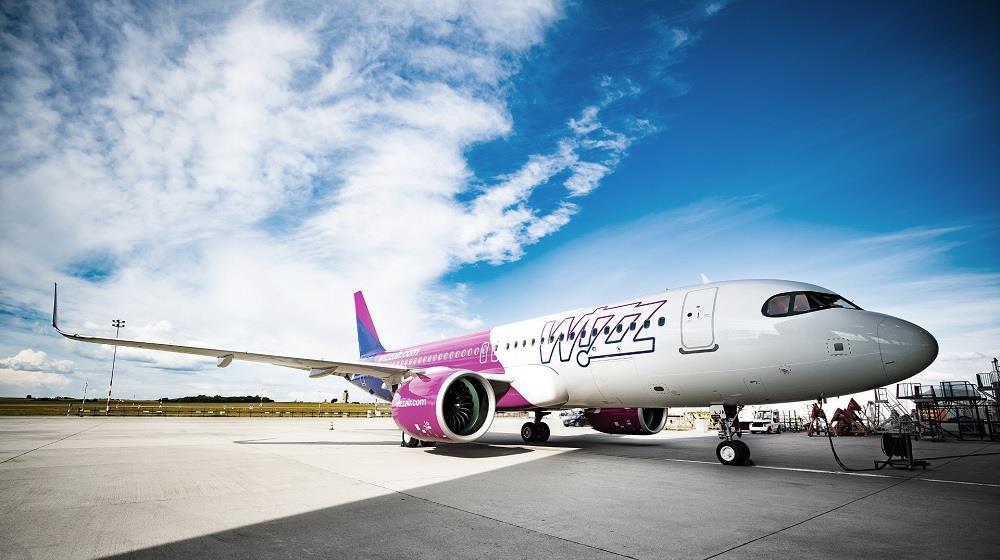Wizz Air has been awarded Sustainable Airline of the Year 2025 at the Airline Economics Sustainability Awards Gala in London.
According to an announcement from the airline, the annual awards, hosted by Airline Economics, celebrate the aviation industry’s leaders in environmental stewardship, innovation, and societal well-being through their initiatives during the 12-month period to end August 2025. Winners were selected through industry-wide survey results with in-depth sustainability and emissions data provided by Estuaire, in partnership with the Airline Economics Plus and editorial teams.
The judging panel commended Wizz Air for its measurable progress in carbon reduction, transparent reporting, and ambitious aspirational roadmap towards Net Zero by 2050, presented in April this year. The judging panel highlighted Wizz Air’s transparent reporting, investment in fuel-efficient aircraft, and operational strategies that prioritise environmental performance.
"The Sustainability Awards are a testament to the aviation industry's growing commitment to decarbonisation," said Victoria Tozer-Pennington, Editor and Co-Founder of Airline Economics. "We are proud to spotlight the companies and individuals who are not only setting ambitious goals but also delivering real results."
Dorottya Durucsko, Head of Government Affairs and Sustainability at Wizz Air, said, “We are honored to receive the award of Sustainable Airline of the Year 2025. This award is a testament to the dedication of our colleagues and the progress we are making on our journey to Net Zero. We will continue investing in new aircraft technology, partnering to scale the production of sustainable aviation fuel and advocating for airspace reform. Recognition from Airline Economics and Estuaire strengthens our belief that we are on the right path of strengthening ecosystem of aviation. Let’s WIZZ!”
During the financial year of 2025, Wizz Air emissions intensity was 52.2 grams of CO2 per passenger per kilometer. The airline operating one of the youngest fleets worldwide with more than 70% ultra-efficient Airbus A321neo aircraft with an average age of 4.5 years, integrating various technologies delivering additional fuel savings.
With a target to reduce carbon intensity by 25% by 2030 and an aspiration to power 10% of its flights with SAF by the same year, Wizz Air’s long-term strategy is anchored in flights (30% emissions reductions from new aircraft technology and fleet renewal), fuel (53% emissions reductions from SAF) and footprint (4% emissions reductions from air traffic management modernisation), the announcement concluded.









